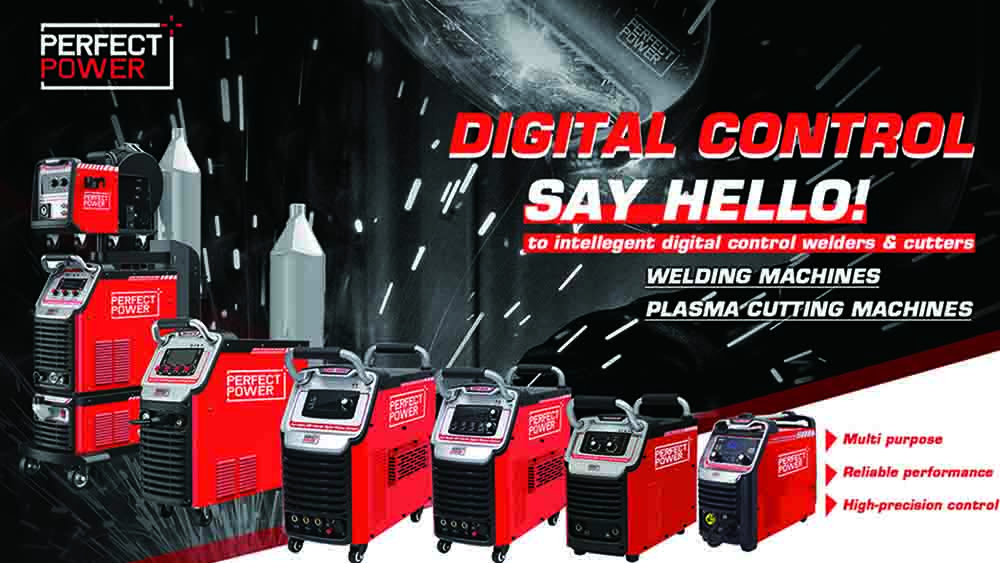
When it comes to choosing the right MIG welder exporter, several factors should be taken into consideration to ensure that you make an informed decision. MIG (Metal Inert Gas) welding is a widely used welding process, and finding the right exporter is crucial to obtaining high-quality welding equipment. Here are some key steps and considerations to keep in mind:
- Research the Market: Start by researching the market and identifying potential MIG welder exporters. Look for companies with a strong reputation for quality products and reliable service. You can use the internet, trade publications, and recommendations from industry peers to find potential exporters.
- Quality and Certification: Check whether the exporter provides MIG welders that meet international quality standards and certifications. Welding equipment should conform to safety and performance standards, such as ISO and CE certifications. This ensures that the equipment is safe and reliable.
- Product Range: Consider the range of MIG welders offered by the exporter. Different welding applications require specific types of MIG welders. Ensure that the exporter offers a variety of models that can cater to your welding needs.
- Customer Support: Good customer support is essential. The exporter should be responsive to your inquiries, offer technical assistance, and provide after-sales support. Check customer reviews and testimonials to gauge their customer service quality.
- Warranty and Maintenance: Inquire about the warranty and maintenance services offered by the exporter. A good warranty indicates the exporter’s confidence in their product’s durability. Also, ensure that maintenance and spare parts are readily available.
- Price and Value: While price is a consideration, focus on the overall value of the MIG welder. Cheaper options may compromise on quality. Consider the long-term costs, including energy consumption and consumables, in addition to the initial purchase price.
- Shipping and Logistics: Evaluate the exporter’s shipping and logistics capabilities. Reliable delivery and shipping options are crucial to ensure that your welding equipment arrives safely and on time.
- Customization Options: If you have specific requirements for your welding projects, inquire if the exporter offers customization options. Tailored solutions can be beneficial for specific applications.
- Reputation and Reviews: Look for online reviews and ask for references. A company with a solid reputation and positive feedback from customers is more likely to provide quality products and services.
- Legal and Trade Compliance: Ensure that the exporter complies with international trade regulations, including export licenses and import/export duties. This ensures a smooth and legal transaction.
- Payment Terms: Clarify payment terms and methods. Discuss payment schedules and make sure they are reasonable and secure.
- Communication: Effective communication is key. The exporter should be able to understand your requirements and provide clear and accurate information.
- Visit the Exporter (if possible): If feasible, consider visiting the exporter’s facilities to inspect the manufacturing process and verify their capabilities.
Remember that selecting the right MIG welder exporter is an important decision that can impact the quality of your welding projects. Take your time to research and evaluate potential exporters to make an informed choice that aligns with your welding needs and expectations.



